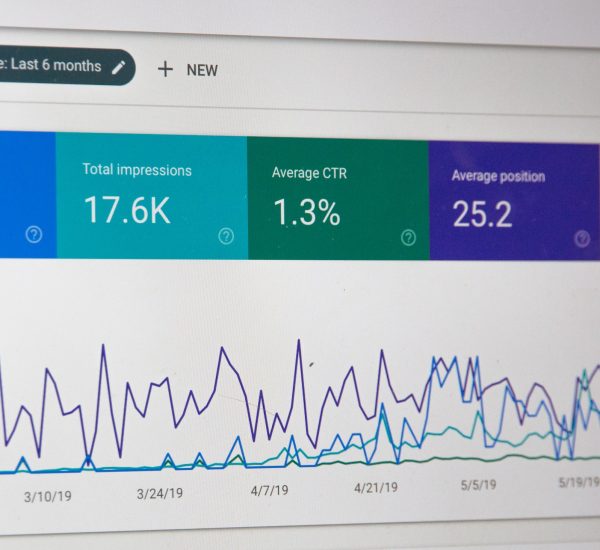
Imagine yourself at a restaurant that you’ve never visited before. You don’t know what you want to order. Your server has not yet had a chance to greet you because they’re busy serving the table next to you: they just brought out a dish that looks delicious. As the guests try the dish, you notice their positive reactions to tasting it. When the server gets to your table, instead of looking at the menu, you tell the server that you’ll have whatever the table next to you is having. Why? Because the dish looked appealing to you; but more specifically, other people are reacting positively to it. In consumer psychology, this behaviour is referred to as greed factor: everyone wants what everyone else has, and search engines know that.
How Reviews Boost SEO
If the guests that ordered the dish were to have a negative reaction to tasting it, what are the chances of you ordering that same dish? In a normal world, the chances are not likely. Simply put, greed factor can have a positive or a negative impact.
Reviews Earn Google’s Trust
Google is a business; and just like any other business, they want their users to return. If Google recommends a business to a user that later has a negative experience, it can potentially cause negative greed factor for both you and Google: the user loses trust in Google’s platform as a result of having a bad experience, and you risk your business having a bad review displayed on Google every time someone searches your business. Now obviously, Google does not want that to happen. They want users to return, and they want you to register your business on their platform. So in essence, this means that Google will increasingly reward your business with better rankings with each high quality, five-star review that your business propagates.
Lower Bounce Rates
In addition to earning Google’s trust, having legitimate reviews displayed on your website will provide your customer with a high level of transparency: you’ll earn your customer’s trust. The more sales that your website can convert, the lower your bounce rate can become. The lower your bounce rate becomes, the more it boosts your search rankings.
Customers Create Keywords
Every time a customer leaves a review, Google is supplied with new content to crawl. Whether the review is a positive or negative one, your customer is likely to leave behind keywords that are relevant to your business. Review Interactions.
And as a business, it’s important to respond to these reviews – especially the negative ones. Depending on the situation and how you respond to it, a proper response can potentially influence the person who left the negative review to either edit or delete it entirely. Better yet, having an appropriate response to a negative review will allow your potential customers to see the standard of professionalism that you uphold your business to. And just like how a customer’s review can create keywords, your response can too. When all is said and done, Google is running a business just like you are: they want to take care of their users by protecting them from potential bad experiences. If you’re looking to boost your business’s search rankings, start with consistently exceeding your customer’s expectations. If you provide quality care to your customers, they’re usually more than happy to reciprocate that same level of care: don’t be afraid to give your customer a strong call to action by asking them to leave your business a Google review.




